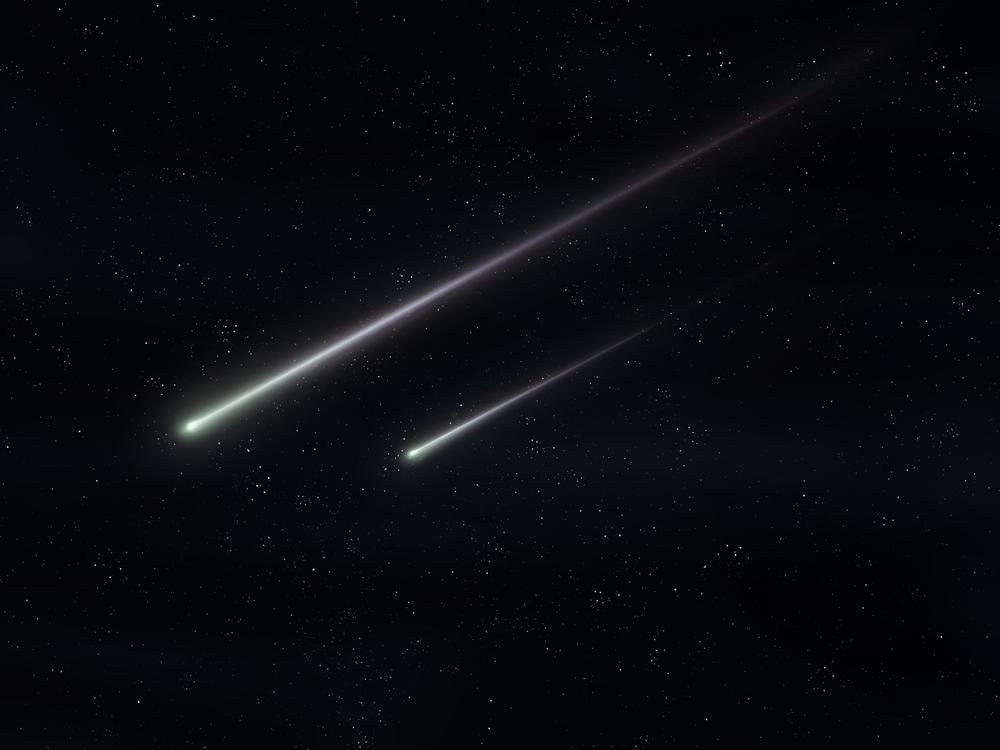November is at the door and great events are coming! While we’re not talking about the World Cup, we guarantee the show is star-studded too!
For astronomy buffs, every beginning of the month is the time to look at the celestial calendar to find out which shows will get us out of the house and ready to observe!
The astronomical events of November are marked by two meteor showers: the Taurid and Leonid meteor showers. In addition to these, the second total lunar eclipse of the year will occur on the 8th, but will not be visible from Brazil.
The Taurid meteor shower is a low-intensity but long-lasting event, producing only 5 to 10 meteors per hour. Rain is made up of two separate streams: the first is produced by dust grains dropped by Asteroid 2004 TG1, and the second is produced by debris dropped by Comet 2P Encke.
Rain falls from September 7 to December 10 each year and peaks on the night of November 4 this year. The event’s visibility will be hampered by the presence of the nearly full moon, which should obscure the visibility of almost all meteors except the brightest meteors. But if you are patient, you can still get the good ones. The best viewing will be from a dark location, away from city lights, just after midnight. Meteors will radiate from the constellation Taurus, but can appear anywhere in the sky.
The Leonid meteor shower is a medium-sized phenomenon that produces an average of 15 meteors per hour at its peak. But this rain is unique in that every 33 years it has a cyclonic peak where hundreds of meteors can be seen per hour. The last one took place in 2001. Leonidas is produced by debris left by the comet Tempel-Tuttle and occurs between November 6 and 30 each year. This year, 17 will peak in the evening and 18 in the early morning. Meteors will radiate from the constellation Leo, but can appear anywhere in the sky.
Using apps like Carta Celeste, Stellarium and SkyMap are great allies for observing and identifying objects in the sky!
Check out what else is happening in the sky this month below.
Calendar of the main astronomical events of the month of November 2022
11/01: Moon in Crescent Quadrant
11/01: Conjunction between Saturn and Moon
11/04: Conjunction between Jupiter and Moon
11/04: Maximum activity of the Taurid meteor shower
11/08: Total Lunar Eclipse (not visible from Brazil)
11/08: full moon
11/11: Connection between Mars and Moon
11/16: Descending Quarter Moon
11/17 and 11/18: Maximum activity of the Leonid meteor shower
23/11: New month
11/24: Conjunction between Mercury and Moon
Clear skies and good observations!
Source: Tec Mundo
I am Bret Jackson, a professional journalist and author for Gadget Onus, where I specialize in writing about the gaming industry. With over 6 years of experience in my field, I have built up an extensive portfolio that ranges from reviews to interviews with top figures within the industry. My work has been featured on various news sites, providing readers with insightful analysis regarding the current state of gaming culture.












